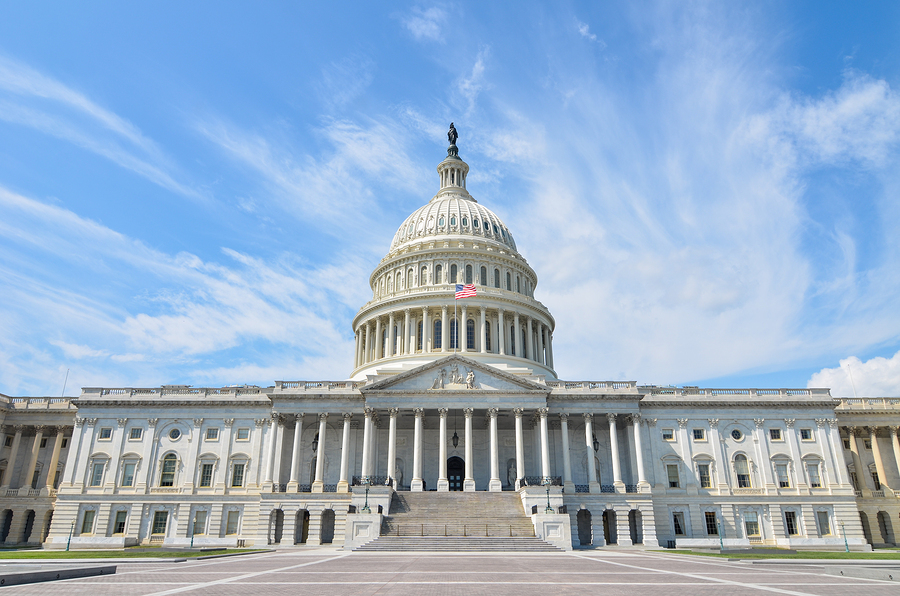Supreme Court Ruling Allows Employers to Require Arbitration and Bar Class-action Lawsuits
Posted July 05, 2018
Overview
On May 21, 2018, the U.S. Supreme Court ruled that employers can use arbitration clauses in employment contracts to bar employees from filing class-action lawsuits related to wage and overtime claims. In a 5-4 split decision, the court determined that employment agreements can require arbitration, waiving the employee’s right to participate in a class-action lawsuit, to settle these disputes.
This ruling is a departure from the position taken by the Obama administration and the National Labor Relations Board (NLRB). Instead, the decision favors employers and follows President Donald Trump’s position on federal employment law that employers are entitled to waive their employees’ right to file class-action lawsuits under the Federal Arbitration Act (FAA).
Action Steps
As a result of this ruling, employers are now free to include clauses in employment contracts requiring the use of arbitration to resolve wage and overtime claims, and barring class-action lawsuits related to these matters. The ruling can protect employers from costly litigation, but critics argue that it could allow employers to escape liability for labor law violations.
Background
Arbitration is a private method of dispute resolution that is used as an alternative to court action, where an impartial third party makes a binding decision on the matter, rather than a judge or a jury. Historically, arbitration has been used in a wide variety of disputes as a cost-saving measure to avoid the burden and expense of litigation. Mandatory arbitration clauses have become increasingly common in many types of contracts and agreements, especially among large corporations and in consumer transactions. However, courts have had to impose certain limits on the use of these types of clauses, particularly in situations where one party has more bargaining power than the other.
Federal labor law is conflicting on the issue of mandatory arbitration in employment agreements. The National Labor Relations Act (NLRA) guarantees employees’ right to collective action, while the FAA encourages the use of arbitration agreements and generally requires courts to enforce these provisions as written.
Historically, courts and the NLRB agreed that arbitration agreements are enforceable. In 2012, however, the NLRB took the position that arbitration clauses in employment agreements that include class-action waivers violate the NLRA. As a result, the NLRB pursued and invalidated arbitration agreements and policies used by many employers. The Obama administration sided with the NLRB, arguing that the NLRA essentially invalidates the FAA in the context of labor disputes.
The Supreme Court’s Ruling
The case before the Supreme Court—Epic Systems Corp. v. Lewis—combined three separate lawsuits involving employees who entered into employment agreements requiring arbitration, but still sought to participate in class-action lawsuits over state and federal employment law claims. The lower federal courts were split in their rulings, and the Supreme Court was asked to resolve this conflict.
Although the FAA generally requires courts to enforce arbitration agreements as written, the employees argued that this obligation is eliminated if an arbitration agreement violates some other federal law, and that their employment agreements violated the NLRA by requiring individualized proceedings. Their employers, however, argued that the FAA protects agreements requiring arbitration from judicial interference, and that the NLRA does not change this requirement.
The majority on the Supreme Court sided with the employers, following their long practice of limiting class actions and favoring arbitration over litigation. The court ruled that arbitration clauses in employment agreements that waive the employees’ right to participate in class actions are lawful and enforceable.
Impact on Employers
The Supreme Court’s ruling only impacts non-unionized employees, and does not affect employees represented by labor unions. As a result of the ruling, employers are now free to include clauses in employment contracts requiring the use of arbitration to resolve wage and overtime claims, and barring class-action lawsuits related to these matters.
Following the Supreme Court’s ruling, the NLRB indicated that it intended to follow the decision. According to the NLRB, it currently has 55 pending cases with allegations that employers violated the NLRA by maintaining or enforcing individual arbitration agreements or policies containing class- and collective-action waivers. The NLRB now intends to quickly resolve those cases in accordance with the Supreme Court’s decision.

